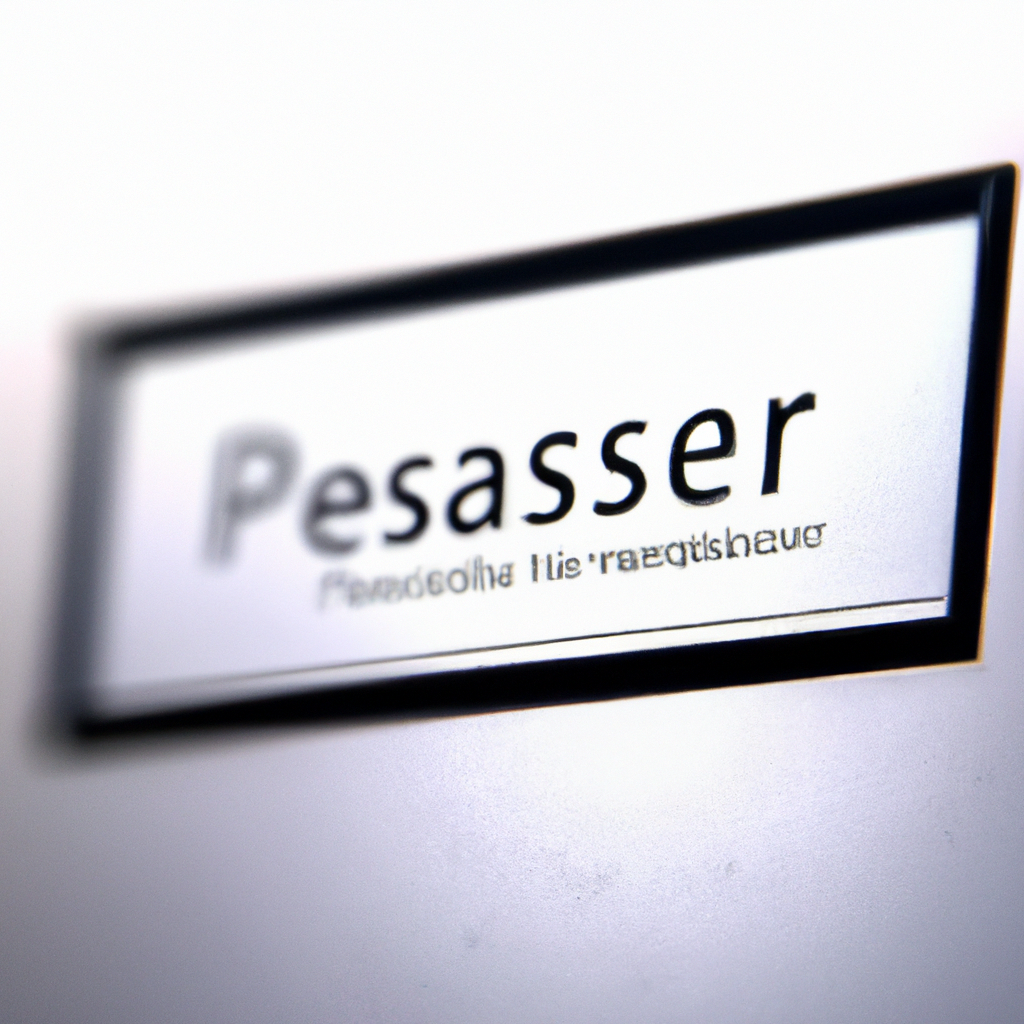-
Table of Contents
What are the Painful Problems with Business Card Scanners?

In the fast-paced world of networking, business cards remain a staple for professionals looking to make connections. However, the advent of technology has introduced business card scanners as a modern solution to streamline the process of collecting and managing contact information. While these devices and applications promise efficiency, they come with a host of painful problems that can hinder their effectiveness. This article delves into the common issues associated with business card scanners, providing insights and examples to illustrate their impact on users.
1. Accuracy Issues: The Achilles’ Heel of Scanning
One of the most significant drawbacks of business card scanners is their accuracy. Many users report that scanned information is often riddled with errors, leading to miscommunication and lost opportunities. The following factors contribute to this problem:
- Optical Character Recognition (OCR) Limitations: Most scanners rely on OCR technology, which can struggle with different fonts, layouts, and languages. For instance, a study by TechCrunch found that OCR accuracy can drop to as low as 60% for cards with complex designs.
- Handwritten Notes: Many professionals jot down notes on their business cards, but scanners often fail to capture this handwritten information accurately.
- Image Quality: Poor lighting or low-resolution images can lead to inaccurate scans, making it essential for users to ensure optimal conditions for scanning.
These accuracy issues can lead to significant problems, such as contacting the wrong person or missing out on crucial details that could enhance a business relationship.
2. Data Management Challenges
Once the information is scanned, the next hurdle is managing that data effectively. Many users find themselves overwhelmed by the sheer volume of contacts collected through business card scanners. Key challenges include:
- Duplicate Entries: Scanners often fail to recognize duplicate contacts, leading to cluttered databases and confusion.
- Integration with CRM Systems: Not all scanners seamlessly integrate with popular Customer Relationship Management (CRM) systems, making it difficult to transfer data efficiently.
- Data Privacy Concerns: Users may be hesitant to store sensitive contact information on cloud-based platforms due to privacy and security concerns.
These data management challenges can result in wasted time and resources, ultimately negating the benefits of using a scanner in the first place.
3. User Experience: The Frustration Factor
The user experience of business card scanners can significantly impact their effectiveness. Many users report frustration with the following aspects:
- Complex Interfaces: Some scanning applications have complicated interfaces that can deter users from fully utilizing their features.
- Slow Processing Times: Users often find that scanning multiple cards can be time-consuming, especially if the app takes too long to process each card.
- Lack of Customization: Many scanners offer limited options for customizing how contact information is stored or displayed, which can be a drawback for users with specific needs.
A poor user experience can lead to decreased adoption rates and ultimately result in users reverting to traditional methods of managing contacts.
4. Cost vs. Value: A Questionable Investment
While many business card scanners are marketed as cost-effective solutions, the reality can be different. Users often find themselves questioning the value of their investment due to:
- Subscription Fees: Many scanning apps require ongoing subscription fees, which can add up over time.
- Hidden Costs: Additional features or integrations may come at an extra cost, leading to unexpected expenses.
- Time Investment: The time spent correcting errors and managing data can outweigh the initial time savings promised by the scanner.
As a result, users may feel that they are not receiving a fair return on their investment.
Conclusion: Navigating the Challenges of Business Card Scanners
While business card scanners offer a modern solution for managing contact information, they come with a range of painful problems that can hinder their effectiveness. From accuracy issues and data management challenges to user experience frustrations and questionable value, these devices require careful consideration before adoption. Professionals looking to enhance their networking efforts should weigh the pros and cons of business card scanners and explore alternative methods for managing contacts. Ultimately, understanding these challenges can help users make informed decisions and optimize their networking strategies.













